Despite initial denials about the return of subsidy on Premium Motor Spirit (PMS), also known as petrol, a report indicating that President Bola Tinubu approved the request of the Nigerian National Petroleum Company Limited (NNPCL) to use the 2023 dividends due to the federation to pay for petrol subsidy has been generating ripples in the polity.
The president also approved the suspension of the payment of the 2024 interim dividends to the federation in order to augment the NNPCL’s cash flow, according to a report by TheCable yesterday.
Although Tinubu announced the removal of fuel subsidy during his inaugural address on May 29, 2023, there have been strong indications that the government still spends billions on subsidy. However, the federal government has consistently denied paying subsidy.
Some weeks ago, when some Nigerians hit the streets to protest hardship, one of their demands was the reinstatement of subsidy.
But in his national broadcast, Tinubu ruled out the return of subsidy, describing the decision to remove fuel subsidy as painful but necessary.
But Monday’s report by TheCable indicated that the president gave his nod for the NNPCL to use its 2023 dividends to pay for subsidy.
According to the 2023 Audited Financial Statement (AFS) of the national oil company, a net profit of N3.297trn was declared at the close of the financial year which ended in December, 2023, an increase of over N700bn (28 per cent) when compared to the 2022 profit of N2.548trn.
The NNPCL shareholders also approved a final dividend of N2.1trn in line with the Petroleum Industry Act (PIA) 2021 provisions.
Even though the government has consistently denied the return of subsidy, the revelation yesterday came as a proof to the existence of subsidy.
Subsidy on PMS has never stopped – Analysts
Analysts, however, believe the government must have been left with no option than to partially return the subsidy to avoid worsening the existing social tension.
Economic analyst, Dr Muda Yusuf, said that the government was only being “socially sensitive†by retaining subsidy payment.
Yusuf, however, called for transparency and openness in the management of the payment.
He noted that until Nigeria began to refine locally, subsidy might remain in order to keep the product affordable and available.
He said, “I think the government is just being pragmatic; they are just being realistic and they are just being socially sensitive. That is why the price of fuel has remained at around N600, N650, N700.
“If the government had yielded to this argument that there should be no more subsidy, fuel price should have gone to around N1,200, N1,300. And how will the citizens feel?
“So, for the government to be able to show that it is sensitive, it has to continue to provide it until we are able to refine domestically. If we begin to refine domestically either through Dangote or through the government-owned refineries, the level of subsidy may drop but it will not completely disappear.
“It is a major dilemma because if you withdraw the subsidy, the citizens will begin to cry out. If you retain the subsidy, you would incur a lot of costs.â€
Another industry analyst, Sesan Okunade, said he had always believed subsidy payment had not been eliminated despite denials by the government.
He said, “As at the time the president announced that subsidy was gone, the foreign exchange was just over N500/$. When it (fuel) was increased to the current price of N568 or N620, dollar was around N500, and you and I understand that as we speak, it is about N1,600, and we are still importing fuel.
“I think the government should just try as much as possible to be sincere to the citizens, even with the removal of subsidy, things have been extremely difficult. Part of the commitment we thought we would get from removal of subsidy was availability. You can see what we have been facing different semantics and drama coming out regarding non-availability of the product which is impacting on the production sector.â€
He tasked the government to ensure the refineries start functioning, saying before the take-off of government-owned refineries, the necessary backing must be given to Dangote Refinery.
Atiku tackles Tinubu
A former Vice President, Alhaji Atiku Abubakar, said that the revelations on the subsidy payment on PMS “represent another chapter in the opaque governance under President Tinubu’s administration.â€
He tasked Tinubu’s administration to come out and clarify “the entanglements surrounding the subsidy policy and the refining of PMS.
“Only through transparent governance can Nigerians hope to find relief from the current debilitating conditions of fuel scarcity and the spiralling inflation affecting petroleum products.
“This development starkly contrasts with the president’s firm assertions in a national broadcast which followed closely on the heels of public protests decrying poor governance, where he declared the subsidy regime concluded. However, disclosures prior to his announcement have consistently indicated a resurgence of subsidy payments, albeit through less transparent means.
“This dissonance between the president’s words and his actions not only undermines the moral fabric of his leadership, but also significantly erodes the credibility of his administration.
“Moreover, the persistent denials by NNPC Limited only exacerbate the plight of Nigerians who endure severe difficulties due to fuel shortages and resultant price inflations. Amidst a contentious dispute between local investors favouring refinery operations and those advocating for imported PMS, the president’s silence is profoundly disconcerting.
“It is paramount that the president, who is intrinsically responsible for overseeing and intervening in such critical disputes to safeguard national interests, steps up to fulfil these expectations.â€
Dangote: Nigerians fear high-priced petrol
Meanwhile, as PMS from the Dangote Petrochemical Refinery hits the local market in two weeks, Nigerians from all walks of life and petroleum marketers have expressed the fear that the product’s price may be higher than expected.
They said the complications that had accompanied the subsidy regime and the inability of the Dangote Refinery to source local crude would feed into the local price of petrol.
Dangote Refinery earlier said it had not fixed the price of its petrol at N600 per litre, debunking media publications and dashing the hope of oil marketers of a price slash when it finally starts production.
The pump price of petrol has been selling at over N1,000 in many filling stations across Nigeria.
Experts have consistently argued that though the giant refinery was located in Lagos, Nigeria, the input cost for the operationalisation of the $20bn facility was import-dependent, adding that the volatility of the foreign exchange rates might make it difficult for any marginal reduction in the prices of other commodities.
Dangote Refinery has continued to import crude oil from the United States and other countries at higher costs. The development has reportedly made its diesel and aviation fuel not very attractive to some local marketers due to price reasons.
Marketers raised concerns that the cost of importing crude oil would impact the cost of production, a development that may eventually hike the ex-depot price of the Dangote PMS.
The Secretary of the Depot and Petroleum Products Marketers Association of Nigeria, Olufemi Adewole, said the price of Dangote petrol would be determined by how he got his crude oil, noting that the association would not want to speculate the price.
He said, “It is not for us to speculate. The crude he gets at the time he gets it is what determines the price. We are not going to speculate on what we have not received.â€
FG to commence sale of crude to Dangote October 1
The federal government has announced that it would commence the sale of crude oil to the Dangote Refinery on October 1, 2024
The Ministry of Finance, in a statement on Monday, said the decision was made at a meeting with the technical implementation committee led by Wale Edun, the minister.
The statement reads in part: “The Minister of Finance and Coordinating Minister of the Economy, Mr Wale Edun, today led the implementation committee meeting on the transition to crude oil sales in naira. The meeting reviewed progress on key initiatives, including the upcoming commencement of naira payments for crude oil sales to the Dangote Refinery starting October 1, 2024.
“Dr Zacch Adedeji, Executive Chairman of the Federal Inland Revenue Service (FIRS) and Chairman of the Technical Sub-Committee, reported that the first PMS delivery from Dangote is expected next month under existing agreements.
“Key roles were outlined for stakeholders, including the Nigerian Midstream and Downstream Petroleum Regulatory Authority, the Central Bank of Nigeria, the Nigerian Upstream Petroleum Regulatory Commission and the African Export-Import Bank, to ensure smooth implementation.
“Updates on the Port Harcourt and Dangote refineries were also provided, with significant production increases expected from November 2024.â€
Edun emphasised the need for transparency and directed the technical sub-committee to finalise details and prepare a report which would be presented to President Bola Tinubu.







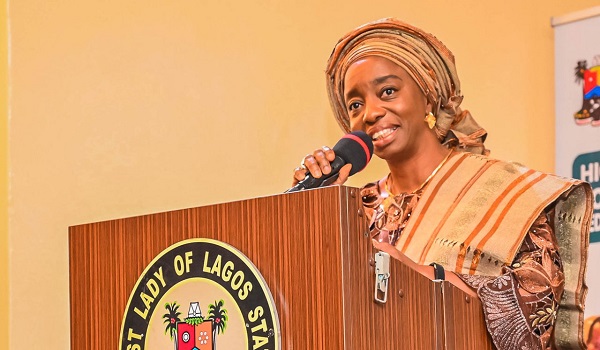
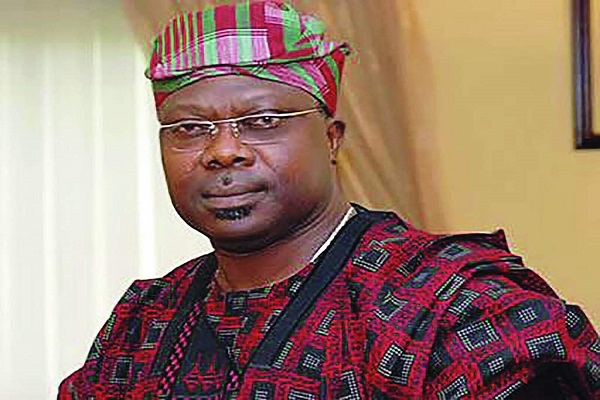
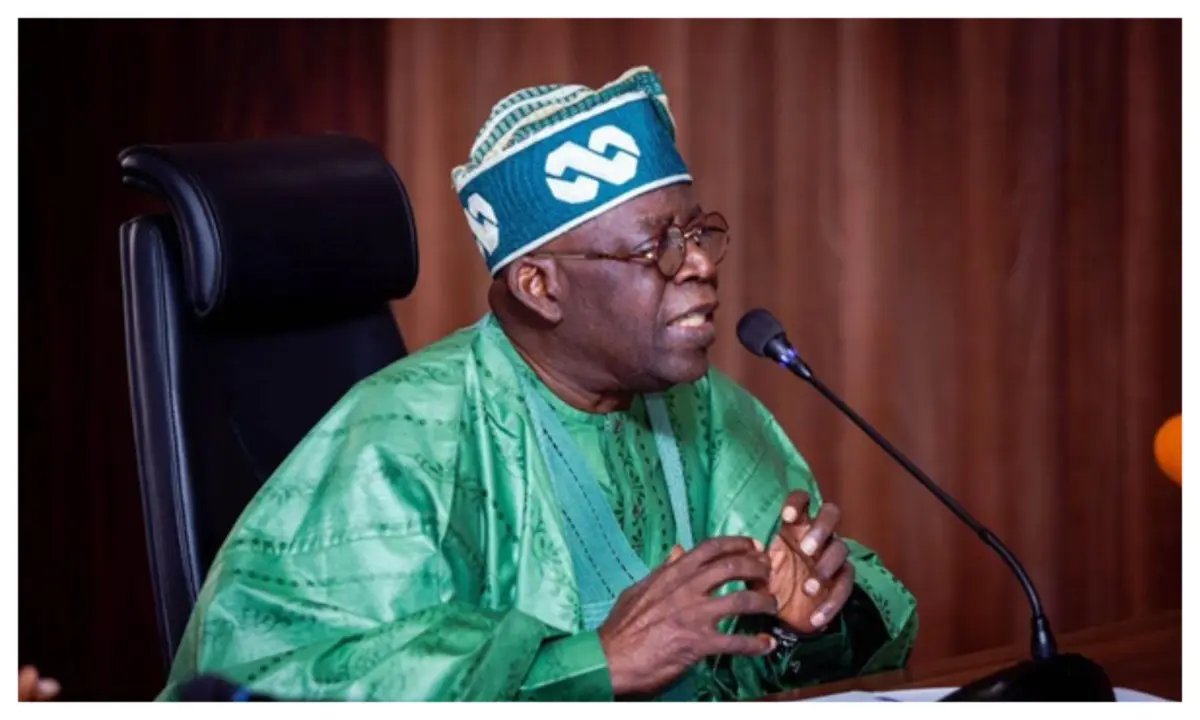
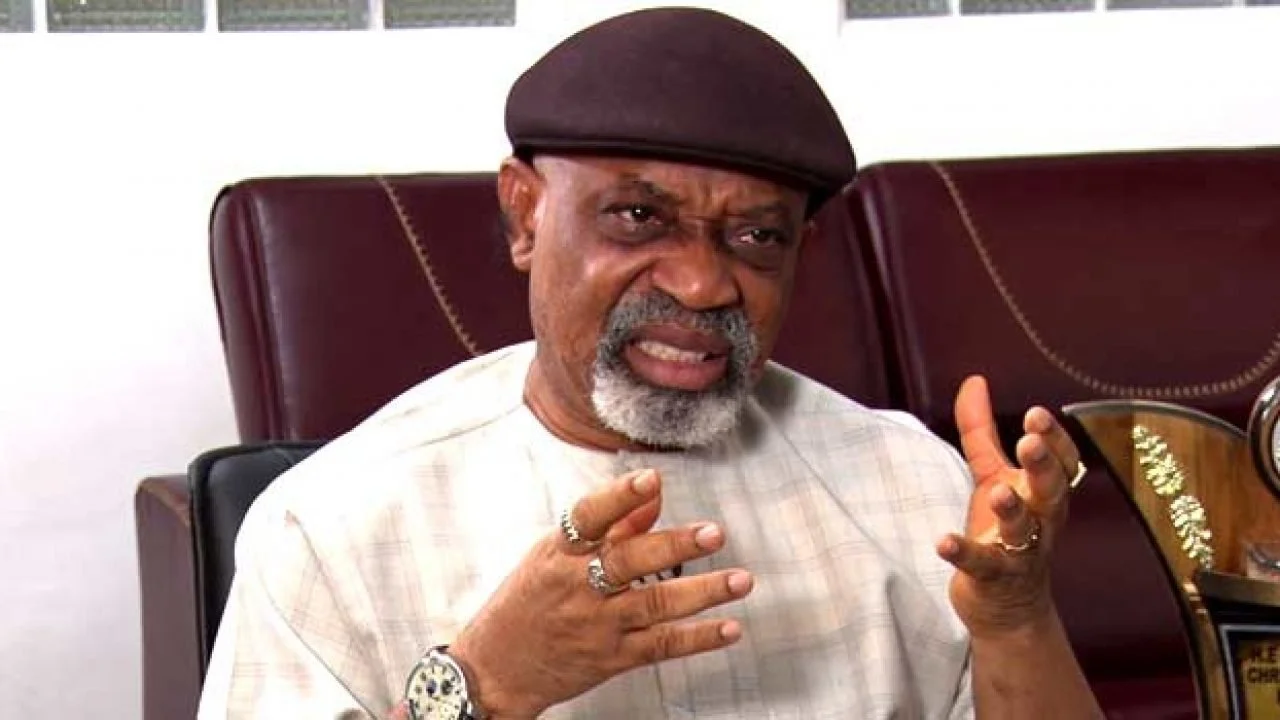
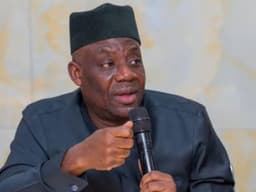
%26format%3Dwebp&w=256&q=75)

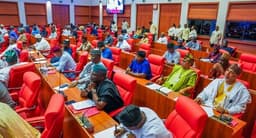
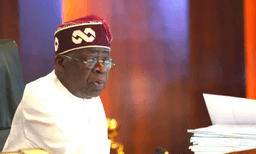




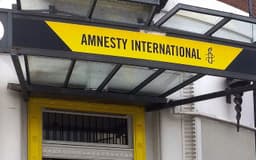
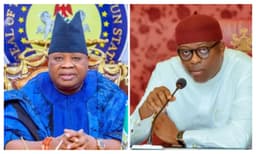


%26format%3Dwebp&w=256&q=75)
%26format%3Dwebp&w=256&q=75)






